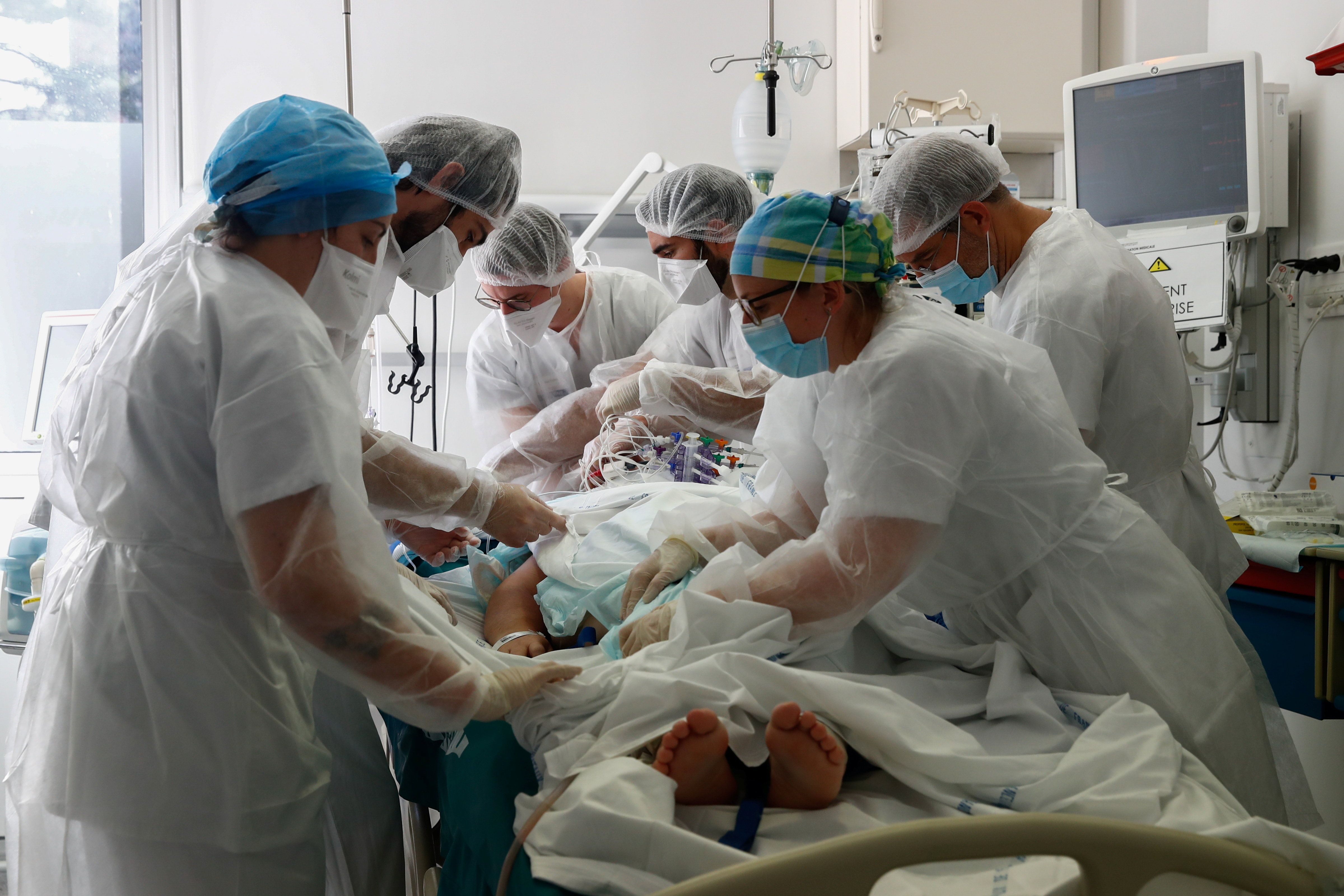Europe's second wave: After a brutal spring in which Europe emerged as a coronavirus epicenter, the outbreak largely subsided across the continent in the summer, allowing many Europeans to travel and gather in large groups. But now, a second wave of infection is wreaking havoc across Europe, with the region reporting more than 1.3 million cases this past week alone, according to the World Health Organization, the highest seven-day increase to date. Former coronavirus hotspots like France, Italy, Spain, and the UK are again grappling with a record number of new cases that could soon dwarf the out-of-control outbreaks seen this past spring. Meanwhile, countries like Germany, Poland, and the Czech Republic that staved off massive outbreaks in the spring are also seeing an unprecedented number of new daily cases. As Europe now accounts for around 22 percent of all new COVID infections worldwide, hospitals in many cities are being swamped as many struggle to source life-saving equipment. As a result, Spain declared a national state of emergency Sunday, imposing nighttime curfews, while Italy imposed its strictest lockdown since May. Europe's Center for Disease Prevention and Control warned against complacency, noting that while transmission is mostly between younger people, keeping the death rate low, that could swiftly change if Europe doesn't get the virus in check.
Iraq a year later: Marking a year since the outbreak of widespread protests over corruption and joblessness in one of the world's most oil-rich countries, demonstrators in Iraq have again flooded the capital, Baghdad, and other cities with renewed calls to clean up graft and implement broader political and economic reforms. In recent years, unemployment has surged in the country, and millions of Iraqis have fallen into poverty while politicians have continued to line their pockets. The government's brutal crackdown on the last protests in 2019 — killing more than 500 people — remains a rallying cry, even after months of the pandemic largely kept activists off the streets. Police responded to the new wave of demonstrations fiercely, tear-gassing protesters, some of whom hurled Molotov cocktails at security forces. We're watching to see whether this fresh mobilization on the streets will move the needle on overdue reforms. The outcome of the US election could also play a role: will a Biden administration put more pressure on Baghdad to clean up its act?
Erdogan playing with fire: Turkey's strongman president Recep Tayyib Erdogan let loose over the weekend, with a wild speech in which he dared the US to impose sanctions on his country, blasted the EU, and called French President Emmanuel Macron crazy. Erdogan is upset about Washington's warnings not to get more involved in the war over Nagorno-Karabakh, in which Ankara is openly backing Azerbaijan against Armenia, as well as US objections to Turkey's testing of an advanced missile system that it recently bought from Russia. Macron, for his part, needs "mental treatment," the Turkish president said, because of his views on "Islam and Muslims." Macron, who has traded barbs with Erdogan in the past, recently vowed to quash radical Islam after a jihadist beheaded a French teacher. Erdogan has a long history of throwing punches abroad to distract from problems at home, but with the Turkish lira hitting record lows, can he afford to be so pugnacious? The foreign investors whom he depends on to keep his economy afloat seem to think not.
More For You
After the US captures Nicolás Maduro, is Venezuela headed for stability, or chaos? Ian Bremmer talks to Senator Ruben Gallego and Frank Fukuyama about what comes next.
Most Popular
Think you know what's going on around the world? Here's your chance to prove it.
